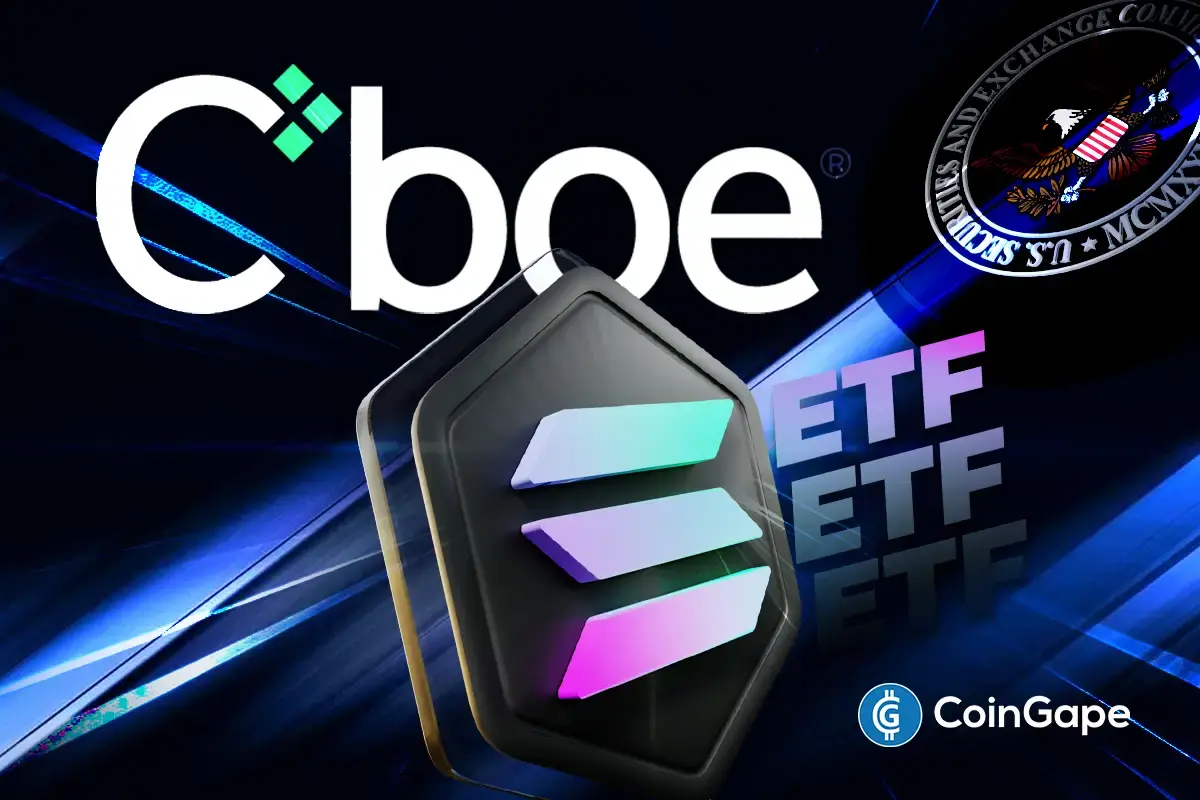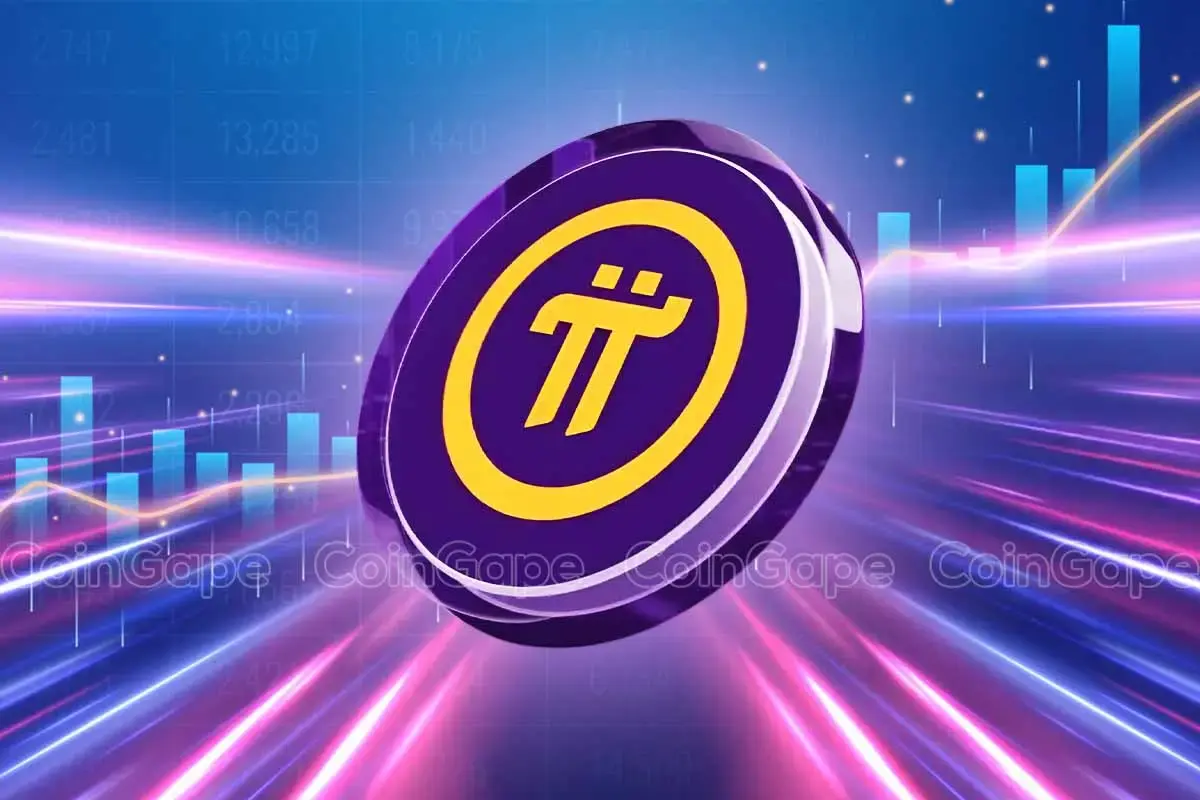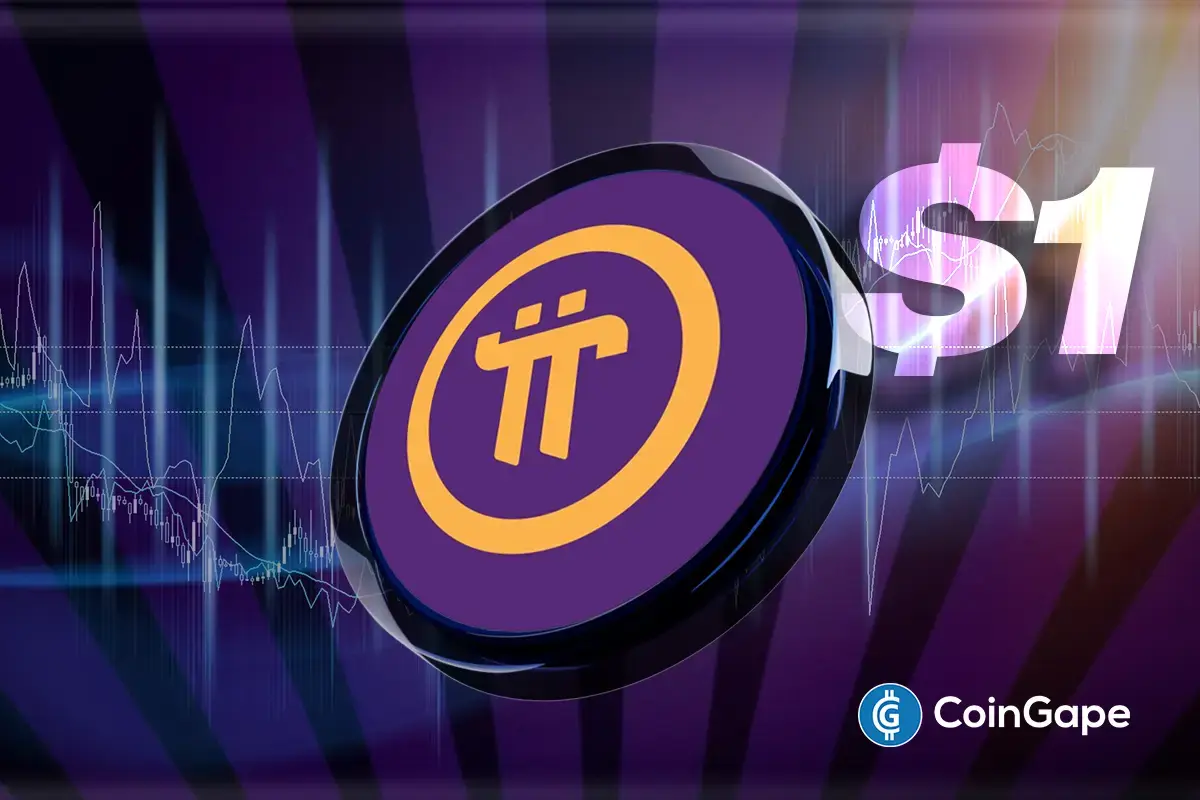Regulation
Mark Zuckerberg And Spotify CEO Push For Open-Source AI In EU

AI News: Meta CEO, Mark Zuckerberg, and Spotify CEO, Daniel Ek, are advocating for Europe to adopt open-source AI to remain competitive in the global tech industry. In a joint statement, the two leaders emphasize that open-source AI, which permits developers to access and modify AI models freely, is essential for fostering innovation and economic growth across the continent.
Mark Zuckerberg and Spotify CEO Push for Open-Source AI
In the latest AI news, Zuckerberg and Ek argue that open-source AI has the potential to level the playing field by giving a broader range of developers and organizations access to cutting-edge technology. This openness, they assert, is vital for ensuring that power is not concentrated in the hands of a few large corporations.
By making artificial intelligence technology more accessible, they believe that open-source AI can help develop new ideas and businesses across Europe.
If you’re building with AI in Europe, you know just how important this discussion is right now. Open source AI creates more opportunities for all and we hope that the EU doesn’t limit the possibilities for new innovation for European consumers and businesses.…
— Ahmad Al-Dahle (@Ahmad_Al_Dahle) August 23, 2024
The CEOs highlighted that the internet largely runs on open-source technologies, suggesting that the same approach could lead to significant advancements in artificial intelligence. With Europe boasting more open-source developers than the United States, the region is uniquely positioned to exploit this trend. However, they caution that Europe’s current regulatory environment is a major obstacle to realizing this potential.
Regulatory Challenges in Europe
Mark Zuckerberg and Ek expressed concern that Europe’s fragmented regulatory landscape hinders the continent’s innovation. They pointed out that the overlapping and inconsistent regulations across EU member states create uncertainty for companies developing and deploying AI technologies.
They argue that this could lead to Europe falling behind other regions with more streamlined and coherent regulatory frameworks.
In addition, the CEOs cited the EU’s General Data Protection Regulation (GDPR) as an example of regulatory complexity stifling innovation. While the GDPR was designed to harmonize data use across Europe, its uneven application has led to delays and uncertainty, particularly for companies like Meta that are developing artificial intelligence models based on publicly available data. This regulatory uncertainty, they warn, could prevent European businesses and researchers from accessing the latest artificial intelligence.
Need for Simplified Regulations
Subsequently, Zuckerberg and Ek call for a simplified and harmonized regulatory approach across Europe. They argue that clearer policies and more consistent enforcement would enable European companies and developers to capitalize on the opportunities presented by open-source AI fully. Without such changes, they warn, Europe risks missing out on the next wave of technological innovation.
Apart from the AI news, Elon Musk’s platform, X, was also recently at the center of controversy in Europe. Discussions around regulatory compliance could have led to its shutdown in the region. This is another example of how complex regulations could hinder access to technological advancements.
Consequently, the two CEOs conclude by stressing that open-source AI is crucial for ensuring that the benefits of artificial intelligence are broadly distributed. They hope that European regulators will recognize the importance of this technology and create an environment that supports its development and adoption.
Disclaimer: The presented content may include the personal opinion of the author and is subject to market condition. Do your market research before investing in cryptocurrencies. The author or the publication does not hold any responsibility for your personal financial loss.
Regulation
US SEC Acknowledges Fidelity’s Filing for Solana ETF

The U.S. Securities and Exchange Commission (SEC) has formally acknowledged the filing for Fidelity’s spot Solana (SOL) Exchange-Traded Fund (ETF).
This marks a key development in the financial industry, as Fidelity seeks to list its Solana ETF on the Cboe BZX Exchange. The acknowledgment comes after Fidelity submitted a proposed rule change, paving the way for the potential approval of the product.
Fidelity’s Spot Solana ETF Proposal
The SEC’s acknowledgment follows Fidelity’s filing to list and trade shares of the Fidelity Solana Fund under the Cboe BZX Exchange. The proposed rule change, initially submitted on March 25, was later amended on April 1, 2025, to clarify certain points and add additional details.
The amended proposal aims to list the Solana ETF under BZX Rule, which pertains to commodity-based trust shares. According to the Cboe BZX Exchange, Fidelity plans to register the shares with the SEC through a registration statement on Form S-1.
Fidelity’s experience with crypto ETFs, having launched the Fidelity Wise Origin Bitcoin Fund (FBTC) and the Fidelity Ethereum Fund (FETH), has prepared it for this new initiative. FBTC has drawn substantial interest, accumulating nearly $17 billion in assets, while FETH currently manages around $975 million.
This Is A Developing News, Please Check Back For More
Disclaimer: The presented content may include the personal opinion of the author and is subject to market condition. Do your market research before investing in cryptocurrencies. The author or the publication does not hold any responsibility for your personal financial loss.
Regulation
US Senate Banking Committee Approves Paul Atkins Nomination For SEC Chair Role

The U.S. Senate Banking Committee has voted to approve Paul Atkins’ nomination for the role of Chair of the Securities and Exchange Commission (SEC). The vote, which took place on Thursday, passed with a narrow margin of 13-11, along party lines.
Paul Atkins, nominated by President Donald Trump, now moves one step closer to taking over the top regulatory position at the US SEC.
Senate Banking Committee Approves Paul Atkins Nomination
Paul Atkins’ nomination for SEC Chair has received approval despite sharp opposition from Democratic members of the Senate Banking Committee. The vote was entirely split, with Republicans supporting Atkins and all Democrats opposing the decision.
This partisan divide highlights the contentious nature of Atkins’ confirmation, which had been under scrutiny for several reasons.
The committee’s approval now clears the path for Atkins to proceed to the full Senate for a final confirmation vote. Given the Republican-controlled Senate, it is widely expected that Atkins will secure the necessary votes to take over the SEC leadership. With Republicans holding a 53-47 majority in the Senate, the confirmation process is anticipated to move forward swiftly.
This Is A Developing News, Please Check Back For More
Disclaimer: The presented content may include the personal opinion of the author and is subject to market condition. Do your market research before investing in cryptocurrencies. The author or the publication does not hold any responsibility for your personal financial loss.
Regulation
Kraken Obtains Restricted Dealer Registration in Canada

Cryptocurrency exchange Kraken has obtained a Restricted Dealer registration in Canada. The registration comes after completing a pre-registration undertaking (PRU) process with Canadian authorities.
The exchange has also announced the appointment of Cynthia Del Pozo as its new General Manager for North America. Del Pozo will oversee Kraken’s growth initiatives in Canada.
Kraken Completes PRU Process In Canada
Kraken’s Restricted Dealer registration marks the completion of a thorough pre-registration undertaking (PRU) process with Canadian regulators. The registration places Kraken under the supervision of the Ontario Securities Commission (OSC). This oversight ensures users have access to secure crypto products within a properly regulated local ecosystem.
According to the Canadian Securities Administrators (CSA), the Restricted Dealer registration is one of eight firm registration types in Canada. This particular classification is used for firms that “do not quite fit under any other category.” It also comes with specific requirements and conditions set by securities regulators.
Kraken’s regulatory achievement comes during a period of change in the Canadian crypto sector. Just months earlier, competitor Gemini exchange announced its departure from the Canadian exchange market by the end of 2024. This was a move that surprised many and raised questions about cryptocurrency regulation clarity in the country.
Kraken Introduces New Canadian GM
Del Pozo has joined Kraken to lead its Canadian operations as the new General Manager for North America. She has nearly 15 years of experience in corporate development, operations, and fintech consulting. Del Pozo will help to guide Kraken’s expansion across Canada during this important phase of crypto’s development in the region.
“Canada is at a turning point for crypto adoption, with a growing number of investors and institutions recognizing digital assets as a vital part of the financial future. I’m thrilled to join Kraken’s mission at this critical moment, and to lead our expansion efforts, ensuring we continue to serve our clients long-term with innovative and compliant products,” said Del Pozo.
In her role, Del Pozo will focus on strengthening Kraken’s regulatory relationships and also scaling the company’s presence throughout North America.
Del Pozo also commented on the registration achievement: “This Restricted Dealer registration is testament to the high bar Kraken has always set for consumer protection, client service, and robust security. We’re excited to continue expanding our world-class investment platform and to deliver innovative products that provide real-world utility to Canadians.”
The Exchange’s Continued Growth In Canada
Over the past two years, the cryptocurrency exchange has shown steady expansion in Canada while working through the PRU process with regulators. During this period, the exchange has doubled its team size and monthly active users.
According to the official blog post figures, the firm now has more than $2 billion CAD in total client assets under custody. Kraken has also increased support for some of the most popular cryptocurrencies. It provides several CAD spot trading pairs that enable Canadians to trade crypto without paying expensive foreign exchange fees.
According to Innovative Research Group’s 2024 Investor Survey, 30% of Canadian investors currently own or have owned cryptocurrencies. Likewise, a KPMG Canada survey discovered that 30% of Canadian institutional investors now have exposure to cryptocurrencies, which means widespread adoption across investor types.
Disclaimer: The presented content may include the personal opinion of the author and is subject to market condition. Do your market research before investing in cryptocurrencies. The author or the publication does not hold any responsibility for your personal financial loss.
-

 Altcoin24 hours ago
Altcoin24 hours agoFirst Digital Trust Denies Justin Sun’s Allegations, Claims Full Solvency
-

 Altcoin20 hours ago
Altcoin20 hours agoBinance Sidelines Pi Network Again In Vote To List Initiative, Here’s All
-

 Market17 hours ago
Market17 hours agoXRP Price Under Pressure—New Lows Signal More Trouble Ahead
-

 Altcoin17 hours ago
Altcoin17 hours agoAnalyst Forecasts 250% Dogecoin Price Rally If This Level Holds
-

 Market16 hours ago
Market16 hours agoCardano (ADA) Downtrend Deepens—Is a Rebound Possible?
-

 Ethereum11 hours ago
Ethereum11 hours agoEthereum Trading In ‘No Man’s Land’, Breakout A ‘Matter Of Time’?
-

 Market15 hours ago
Market15 hours agoEthereum Price Recovery Stalls—Bears Keep Price Below $2K
-

 Altcoin14 hours ago
Altcoin14 hours agoVanEck Seeks BNB ETF Approval—Big Win For Binance?























✓ Share: